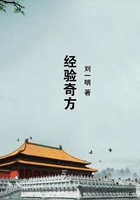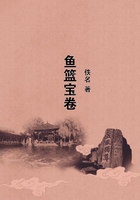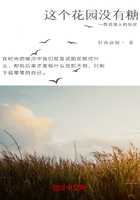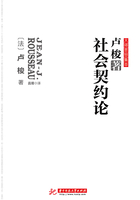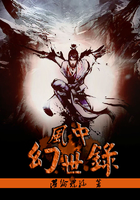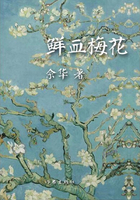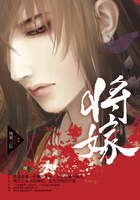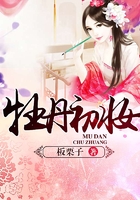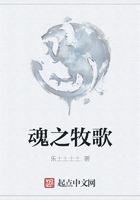Corso, having forced the Pinti Gate, assembled his party at San Pietro Maggiore, near his own house, where, having drawn together a great number of friends and people desirous of change, he set at liberty all who had been imprisoned for offenses, whether against the state or against individuals. He compelled the existing Signory to withdraw privately to their own houses, elected a new one from the people of the Neri party, and for five days plundered the leaders of the Bianchi. The Cerchi, and the other heads of their faction, finding Charles opposed to them, withdrew from the city, and retired to their strongholds. And although at first they would not listen to the advice of the pope, they were now compelled to turn to him for assistance, declaring that instead of uniting the city, Charles had caused greater disunion than before. The pope again sent Matteo d'Acquasparta, his legate, who made peace between the Cerchi and the Donati, and strengthened it with marriages and new betrothals. But wishing that the Bianchi should participate in the employments of the government, to which the Neri who were then at the head of it would not consent, he withdrew, with no more satisfaction nor less enraged than on the former occasion, and left the city interdicted for disobedience.
Both parties remained in Florence, and equally discontented; the Neri from seeing their enemies at hand, and apprehending the loss of their power, and the Bianchi from finding themselves without either honor or authority; and to these natural causes of animosity new injuries were added. Niccolo de' Cerchi, with many of his friends, went to his estates, and being arrived at the bridge of Affrico, was attacked by Simone, son of Corso Donati. The contest was obstinate, and one each side had a sorrowful conclusion; for Niccolo was slain, and Simone was so severely wounded that he died on the following night.
This event again disturbed the entire city; and although the Neri were most to blame, they were defended by those who were at the head of affairs; and before sentence was delivered, a conspiracy of the Bianchi with Piero Ferrante, one of the barons who had accompanied Charles, was discovered, by whose assistance they sought to be replaced in the government. The matter became known from letters addressed to him by the Cerchi, although some were of opinion that they were not genuine, but written and pretended to be found, by the Donati, to abate the infamy which their party had acquired by the death of Niccolo. The whole of the Cerchi were, however, banished,--with their followers of the Bianchi party, of whom was Dante the poet, --their property confiscated, and their houses pulled down. They sought refuge, with a great number of Ghibellines who had joined them, in many places, seeking fresh fortunes in new undertakings. Charles, having effected the purpose of his coming, left the city, and returned to the pope to pursue his enterprise against Sicily, in which he was neither wiser nor more fortunate than he had been at Florence; so that with disgrace and the loss of many of his followers, he withdrew to France.
After the departure of Charles, Florence remained quiet. Corso alone was restless, thinking he did not possess that sort of authority in the city which was due to his rank; for the government being in the hands of the people, he saw the offices of the republic administered by many inferior to himself. Moved by passions of this kind, he endeavored, under the pretense of an honorable design, to justify his own dishonorable purposes, and accused many citizens who had the management of the public money, of applying it to their private uses, and recommended that they should be brought to justice and punished.
This opinion was adopted by many who had the same views as himself;and many in ignorance joined them, thinking Corso actuated only by pure patriotism. On the other hand, the accused citizens, enjoying the popular favor, defended themselves, and this difference arose to such a height, that, after civil means, they had recourse to arms. Of the one party were Corso and Lottieri, bishop of Florence, with many of the nobility and some of the people; on the other side were the Signory, with the greater part of the people; so that skirmishes took place in many parts of the city. The Signory, seeing their danger great, sent for aid to the Lucchese, and presently all the people of Lucca were in Florence. With their assistance the disturbances were settled for the moment, and the people retained the government and their liberty, without attempting by any other means to punish the movers of the disorder.
The pope had heard of the tumults at Florence, and sent his legate, Niccolo da Prato, to settle them, who, being in high reputation both for his quality, learning, and mode of life, presently acquired so much of the people's confidence, that authority was given him to establish such a government as he should think proper. As he was of Ghibelline origin, he determined to recall the banished; but designing first to gain the affections of the lower orders, he renewed the ancient companies of the people, which increased the popular power and reduced that of the nobility. The legate, thinking the multitude on his side, now endeavored to recall the banished, and, after attempting in many ways, none of which succeeded, he fell so completely under the suspicion of the government, that he was compelled to quit the city, and returned to the pope in great wrath, leaving Florence full of confusion and suffering under an interdict. Neither was the city disturbed with one division alone, but by many; first the enmity between the people and the nobility, then that of the Ghibellines and the Guelphs, and lastly, of the Bianchi and the Neri. All the citizens were, therefore, in arms, for many were dissatisfied with the departure of the legate, and wished for the return of the banished.

